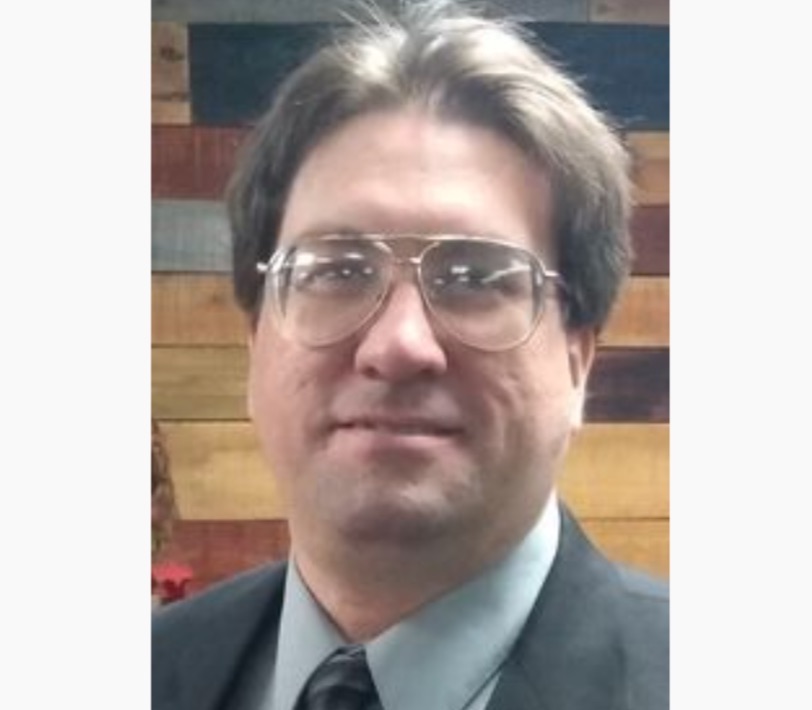By SEN. ROB MYERS
Since I entered the government arena last year, I have been saying that the Permanent Fund dividend is not our only problem but that it is a symbol of all our problems.
But those who have decided to pay for government spending by cutting the PFD are saying something incredibly new and different about the society we are building in Alaska.
It is a significant pivot, and Alaskans must decide whether they agree with this fundamental shift. For nearly four decades, we had enough money that we could avoid asking key questions, but we need to ask them now. The answers will determine our state’s future.
The core question we have to answer is who owns the natural resources of Alaska. The Statehood Act in 1958 gave the mineral rights and a large portion of the other resources to the state. But we never explored the full implications of this blatant socialism.
The Statehood Act and the subsequent land selections gave most of the natural resources of Alaska to the state. Our government’s actions over the last few years have given control of the Permanent Fund to the state as well. Do we want to live in a place where control of both the largest natural and financial resources are in control of the state?
By concentrating the resources into the hands of the government, we take the individual out of the equation. It should not escape us that the PFD was cut precisely when it was becoming large enough to create meaningful business investment by individuals. Do we want to live in a place where individuals make decisions about the economy or where we are dependent on government investment?
In the immediate boom after pipeline construction, one way the state invested in the economy was government loan programs, which often went to the most politically connected.
Over the last decade, we have created more government loan programs for a variety of sectors; add in the huge capital budgets we had during the last boom and the ones we will likely have again in a few years if the stock market continues to climb. But we will not have investments made by individual, local Alaskans because they have been cut off from the in-state financial resources. Do we want to live in a place where we invest in what makes sense politically or what makes sense economically?
Over the last two centuries, Supreme Court rulings have confirmed what we already knew intuitively: money is power. By placing control of the Permanent Fund, Alaska’s largest financial resource, in the hands of the government, we are saying where we want power to reside.
Do we want to live in a place where power is centralized in the hands of the politically powerful few or where power is decentralized in the hands of individuals?
For decades, the state received most of its revenue from the oil industry. The result was that the state did not really have to care what happened in the other sectors of the economy, and it showed.
From 2005 to 2020, growth in our economy was concentrated in oil, government, and a couple of other related sectors. Now that most of its revenue will be coming from the stock market through the Permanent Fund, the state can ignore those sectors as well. Do we want to live in a place where the government is able to ignore the economy or where they need to pay attention to conditions outside of the capitol building?
Personally, I would rather live in a place where individuals can turn the natural resources of the state into financial resources to grow the rest of the economy. I want farmers to be able to buy feed, restauranters to build kitchens, carpenters to buy tools, entertainers to expand their offerings, dry cleaners to expand their capacity, innovators to invest in Alaska appropriate tech, and a host of other entrepreneurs to invest in our local economy. That is why I support the full PFD.
The PFD was our partial solution to socialism. By cutting it and putting it after all other state spending, we put the government first and the individual and private economy last. Like all socialist economies, it will impoverish us in the long run.
Sen. Robert Myers lives in North Pole.
